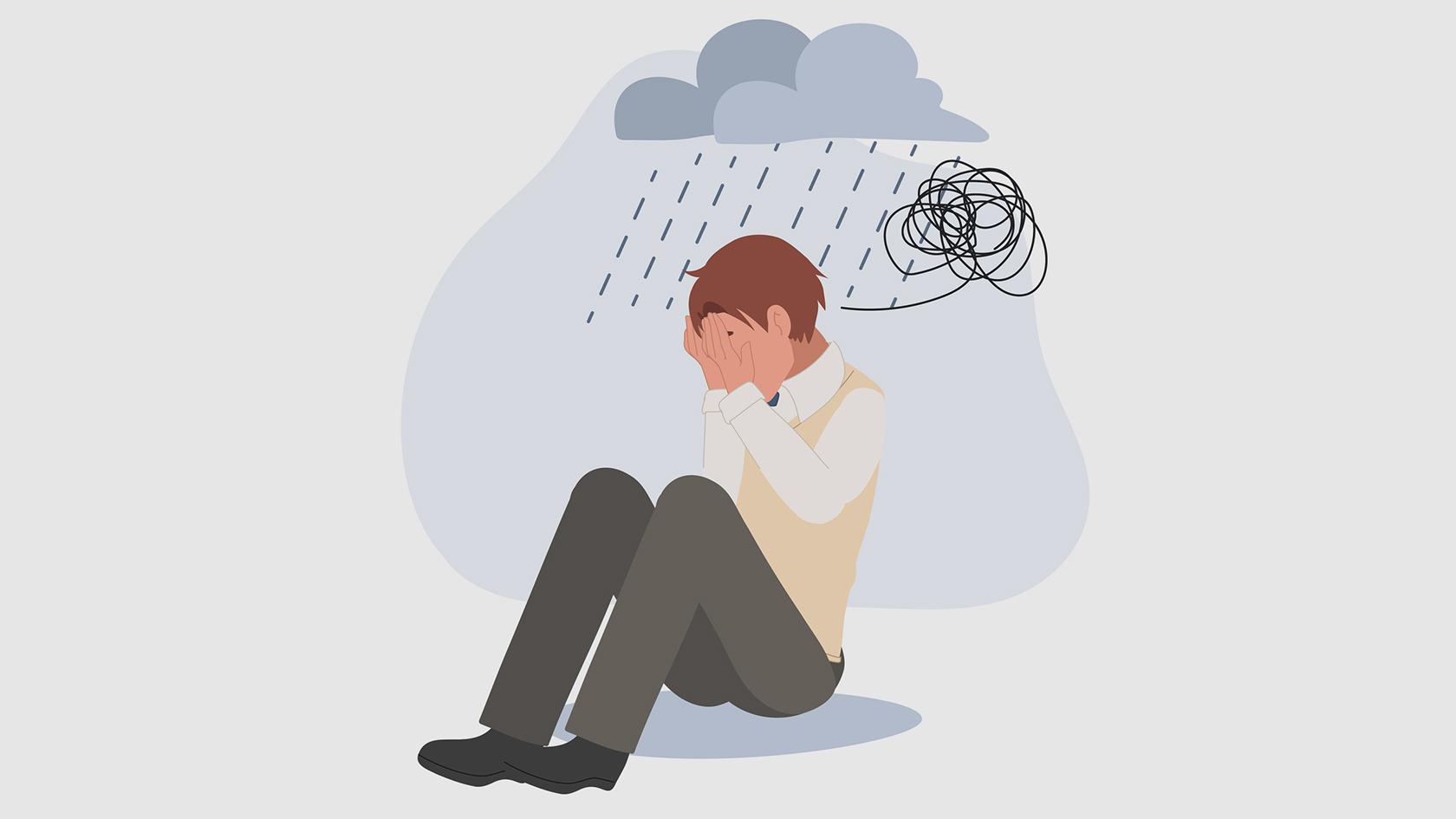Navigation auf uzh.ch
Navigation auf uzh.ch

A clinical study by the Department of Psychology at the University of Zurich investigated the impact of traumatic events on Swiss people from a psycho-cultural perspective. In the study, Swiss trauma survivors and healthcare professionals in a focus group setting reported on culture-specific trauma responses. While many of the observed post-traumatic changes corresponded to the known pattern of complex post-traumatic stress disorder, reflecting a cross-cultural phenomenon, other effects of trauma can be seen in the context of the Swiss worldview.
When it comes to culture-bound responses, participants often reported post-traumatic changes that impact individual performance. These include the belief that one has to stay functional at any cost and overcompensate for one’s own shortcomings, the urge to remain in control, and the tendency to play down one’s own suffering. Swiss people who have experienced trauma tend to push themselves hard in order to live up to perceived standards and expectations: being productive members of society, for example, or holding down a job and avoiding dependence on welfare.
“Our findings are consistent with the core values of Swiss society, which places great emphasis on individual performance and success,” says first author Rahel Bachem. “Switzerland also scores high on individualism, which means that independence, freedom to make one’s own decisions and the self-directed pursuit of personal goals are all highly valued.”
The results of the study also point to the tendency of Swiss trauma survivors to direct their anger inwards at themselves rather than outwards towards others. This has to do both with pronounced feelings of self-devaluation, in which the self is devalued as opposed to others, and with the pressure to conform that people feel in Swiss society, in which open expressions of anger are stigmatized as deviant behavior.
Participants in the study reported that although they face numerous psychological difficulties, they have also experienced positive changes in connection with their trauma. Changes of this kind are referred to as posttraumatic growth. Swiss trauma survivors described cultivating a more conscious and intense connection with nature – a culture-specific form of post-traumatic growth that can be understood as an important resource in Swiss culture.
Literature:
Bachem, R., Mazza, A., Eberle, D., Maercker, A. (2024). A new approach to cultural scripts of trauma sequelae assessment: The sample case of Switzerland. PLOS ONE. Doi: https://doi.org/10.1371/journal.pone.0301645